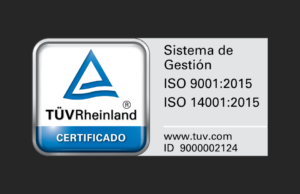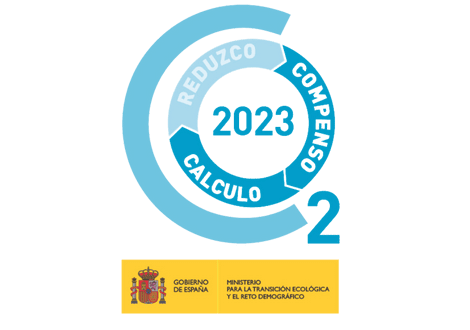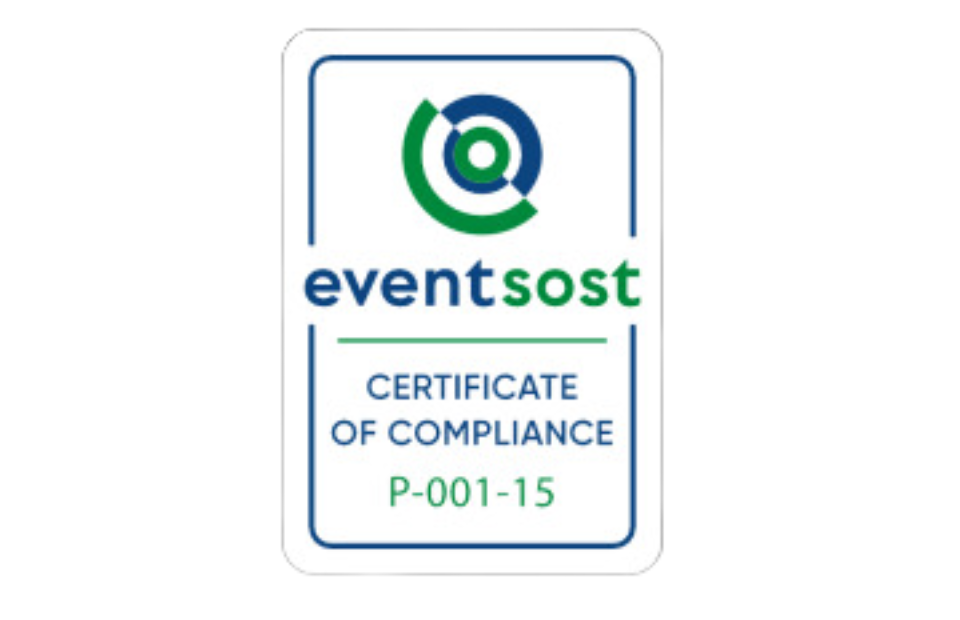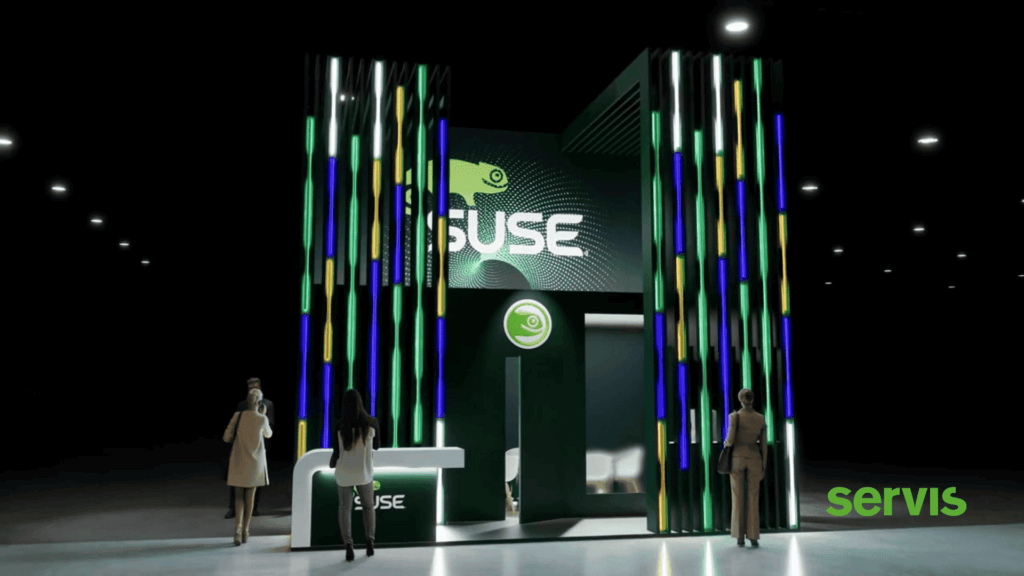Waste at events: An urgent challenge for sustainability
When we think about the impact of an event, we usually picture the buzz, the booths, the lighting, or the technical setup. But we rarely think about what’s left behind. The truth is, the events industry—from trade shows to corporate meetings—has historically been a major source of waste.
Table of contents
In this article, we take a closer look at the environmental impact of events and how to manage it responsibly. We explain why most waste is generated during teardown, and how a proactive approach to material planning—along with well-organized waste sorting—can make a real difference.
A problem that goes beyond the event
Waste generated at an event can easily exceed expectations—especially when large amounts of single-use materials are involved. That’s why one of the biggest challenges in event planning is factoring in sustainability from the very start. How? It comes down to two key strategies:
1. Proactive Material Planning
These days, sustainability is a key differentiator. An eco-friendly booth sends a clear message: your company is committed to the environment and takes corporate responsibility seriously.
Before any construction begins, it’s crucial to evaluate the materials you plan to use. That means identifying which options are eco-friendly, which ones can be reused or recycled, and which should be avoided altogether.
It’s also important to work with suppliers who share a common environmental policy. Choosing the right partners from the start is essential—when everyone involved shares the same values, it’s much easier to make sustainable decisions right from the design phase.
And it’s during the design phase that you can make the biggest impact. Choosing materials that are reusable or recyclable not only cuts down on waste but also makes it easier to calculate the event’s carbon footprint later on.
2. Proper Waste Management
Just as important as prevention is knowing how to handle the waste that will inevitably be generated. That’s where a clear and effective waste-sorting policy comes into play:
- Make use of the venue’s waste containers whenever available.
- If not, set up your own waste management system at the supplier’s facilities.
Nowadays, there are waste management companies that specialize in materials like wood, aluminum, or carpet. They collect the leftover materials and turn them into reusable resources—such as particleboard, secondary aluminum, or recycled plastic pellets.
A Real Commitment from Companies
This entire process requires a strong, genuine commitment from companies. Sustainability in events isn’t just a trend or a “nice to have”—it’s a necessity. Embracing responsible practices:
- Helps protect the planet
- Strengthens the organizer’s reputation
- Creates more meaningful, lasting experiences
At Servis, we know this firsthand: sustainability starts with planning. Every decision we make has an impact. That’s why we approach each project with respect, realism, and a clear focus on leaving a positive mark in every way.
¿Tienes dudas sobre tu participación en una feria?
¡Solicita nuestro asesoramiento gratuito!
Our services
Contact

ISO 9001 and 14001 certified

Certified for CO2 offsetting

Eventsoft certified




